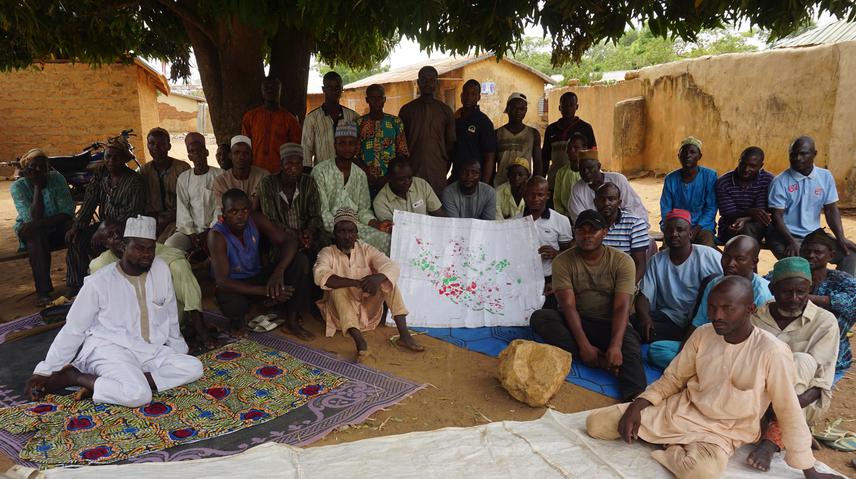Adenle Ademola Andrew
Other projects
27 Feb 2019
Land Degradation and its Impacts on Ecosystem Services in the Nigerian Guinea Savannah: Insights for Sustainable Land Management
Niger state located in the Nigerian Guinea Savannah (NGS) zone is under tremendous human-induced degradation due to the combined effects and unsustainable decisions that promotes rapid agricultural expansion, uncontrolled bush burning, deforestation, excessive wood extraction, unplanned infrastructural extension, and urban development, including overgrazing amongst others. These factors lead to the loss of ecosystem services provided by the native savannah including the loss of pristine habitat for many of the threatened and endemic flora and fauna in this zone. Thus, sustainable steps need to be taken at all levels especially at the community scale to explore governance options for ecosystem services and livelihood security while preventing the degradation of native savannahs, and progress towards Land Degradation Neutrality (LDN).

Community focus group discussion in zone C Niger state.
This research builds on the elements and gaps identified in the previously (Rufford) funded research across the Nigerian Guinea savannah which serves as a baseline resource on the condition of native savannah vegetation, and their degradation but with little implication on their ecosystem services and rural livelihood security. Thus, this research will focus on how to advance community-driven restoration and conservation in Niger state to address poor land management practices that affect native savannah areas. The reference to Niger state (in the NGS) is because of the prevalence of human-induced degradation (i.e., 16%–62% degraded area), including its proximity to the Sudano-Sahelian area, with extreme experience of desert extension.
This study will seek to promote community and land user governance options to prevent savanna degradation through ecosystem service and livelihood security. The study questions will be analysed using a mixed method of remote sensing techniques along with surveys, focus group discussions and interviews to collect data, which will be quantitatively and qualitatively analysed to capture degradation. This research is expected to promote scalable community-centred initiatives for landscape restoration and conservation in the widely threatened and fast disappearing NGS.